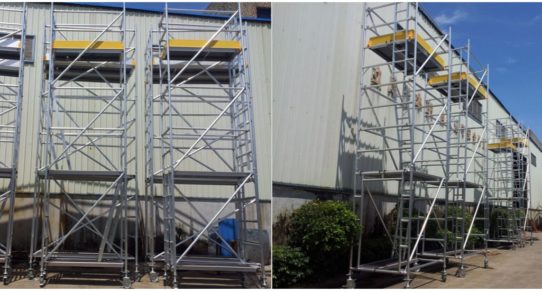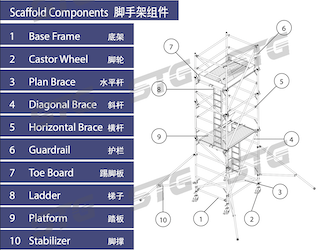Site surveys are integral to the success of construction projects, providing crucial information and insights for effective planning and execution. Project managers play a key role in conducting site surveys, as they assess the conditions, evaluate risks, and gather essential data before commencing construction. This article explores how project managers navigate on-site to conduct thorough site surveys, highlighting their responsibilities, methodologies, and the significance of this process.
Understanding Project Requirements and Objectives
Before conducting a site survey, project managers thoroughly understand the project requirements and objectives. This includes reviewing architectural plans, project specifications, and any other relevant documentation. By having a clear understanding of the project’s scope, timeline, and deliverables, project managers can focus on collecting specific information during the site survey.
Preparing for the Site Visit
Adequate preparation is essential before embarking on a site survey. Project managers gather relevant equipment, tools, and safety gear required for the visit. They also coordinate with stakeholders, including site personnel, contractors, and consultants, to ensure a smooth and productive site survey. This includes scheduling the visit, coordinating access to the site, and informing relevant parties of the purpose and scope of the survey.
Assessing Site Conditions
Once on-site, project managers meticulously assess the conditions of the site. This involves examining the topography, existing structures, utilities, and any potential obstacles or limitations. They evaluate factors such as soil stability, drainage, accessibility, and environmental considerations that may impact the construction process. Project managers document their observations, take measurements, and capture photographs or videos to support their findings.
Evaluating Potential Risks and Hazards
Site surveys also involve identifying and evaluating potential risks and hazards. Project managers conduct thorough safety assessments, identifying potential dangers such as uneven terrain, hazardous materials, or nearby power lines. They also assess any site-specific risks related to weather conditions, neighboring properties, or traffic, and develop mitigation strategies to ensure worker safety and compliance with regulations.
Collaborating with Site Personnel and Contractors
Project managers collaborate closely with site personnel and contractors during site surveys. They communicate with construction teams, subcontractors, and engineers to address any specific concerns or requirements. This collaborative approach ensures that site-specific challenges and opportunities are effectively addressed, and that the project plan aligns with the on-site conditions.
Gathering Data and Documenting Findings
One of the primary objectives of a site survey is to gather accurate data and document findings. Project managers record measurements, capture photographs, and take notes on site conditions, potential risks, and any other relevant information. This data forms the basis for subsequent project planning, design modifications, and decision-making.
Reporting and Analysis
Following the site survey, project managers analyze the collected data and prepare comprehensive reports. These reports summarize the findings, outline any identified challenges or constraints, and propose solutions or recommendations. The analysis serves as a foundation for subsequent project planning, cost estimation, and resource allocation.
Conclusion
Site surveys are indispensable for project managers, enabling them to gather vital information, assess risks, and make informed decisions. By conducting thorough on-site assessments, project managers ensure that construction projects are planned and executed with precision, taking into account the unique characteristics and challenges of each site. Effective site surveys pave the way for successful project outcomes, enabling project managers to navigate on-site with confidence and deliver construction projects that meet or exceed client expectations.






